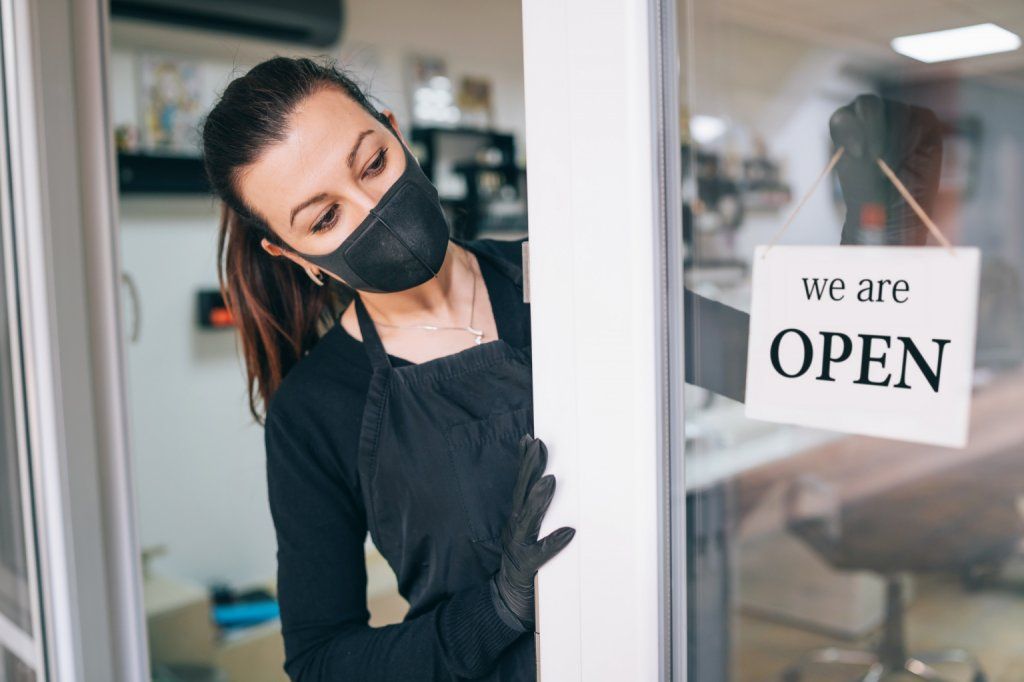What Does Your Company’s Back-to-Business Plan Look Like?

As many states begin setting schedules for lifting their COVID-19 related shelter in place orders, businesses across the United States are beginning to think about what that means for the business. Make no mistake about it: experts predict that the world will never be the same again after this pandemic. In many of the same ways that 9/11 shaped the ways in which the world travels, this pandemic will shape the ways in which we work.
Many businesses have had to significantly change their operations or even shut down completely for the past month (or even longer), so the road back to “normal” is understandably poised to be a long, and potentially difficult, one. There will be changes in how the workforce commutes, enters buildings, interacts with colleagues, and more. With this in mind, we have outlined three broad topics that all organizations will need to address as they formulate their back-to-business plan.
Clean and assured workplaces
After 9/11, the world needed assurances that air travel was safe. New screenings were put into place that we still observe today and that have become like second nature. In the same way, employers will now need to provide their employees with certain assurances that the workplace is a clean and safe environment. Even once herd immunity toward the virus has been reached, it is likely that facilities and businesses will remain held to a higher standard of cleanliness.
To begin, adopt rigorous cleaning procedures — for both employees and customers (check CDC guidelines for proper cleaning procedures). These procedures need to be clear and well understood by all parties. Leaders will need to reinforce these behaviors and ensure transparency at every step.
A healthy workforce
Once employees return to work, it would be reasonable to expect that they will be regularly screened and tested for COVID-19 symptoms, in order to maintain the health and safety of everyone. Expect to see isolation rooms for employees who exhibit symptoms while at work, and quarantine policies will be necessary to plan and implement. If you have any questions, consult the CDC’s guidelines on how these documents should work.
Policies regarding time off will also need to be reassessed, particularly policies and practices that are punitive for employee absences. It will be imperative for truly sick employees to be afforded the ability to stay home and recover, or order to keep everyone else safe and business running.
Businesses must be prepared
To ensure that all of these functions are maintained properly, organizations will have to rely upon their employees more than ever. This will require serious planning, training, and practice to implement. If this current pandemic has taught us anything, it is the value of really being prepared for an unforeseen crisis.
In order to survive, businesses need to have strong IT systems in place to allow for working from home, and periodic drills to make sure everyone is ready. It also means having plenty of essentials on hand, including personal protection equipment and sanitation supplies.
For more insights on trends in CRE, be sure to follow the CBC Worldwide blog.
A Trusted Guide in Commercial Real Estate
Coldwell Banker Commercial® provides Commercial Real Estate Services from Property Sales and Leases, to Property Management. Learn how our expansive network of Independently Owned and Operated Affiliates and Real Estate Professionals use their in-depth knowledge of the local market and industry trends to help businesses and investors navigate the complexities of the commercial real estate landscape.






